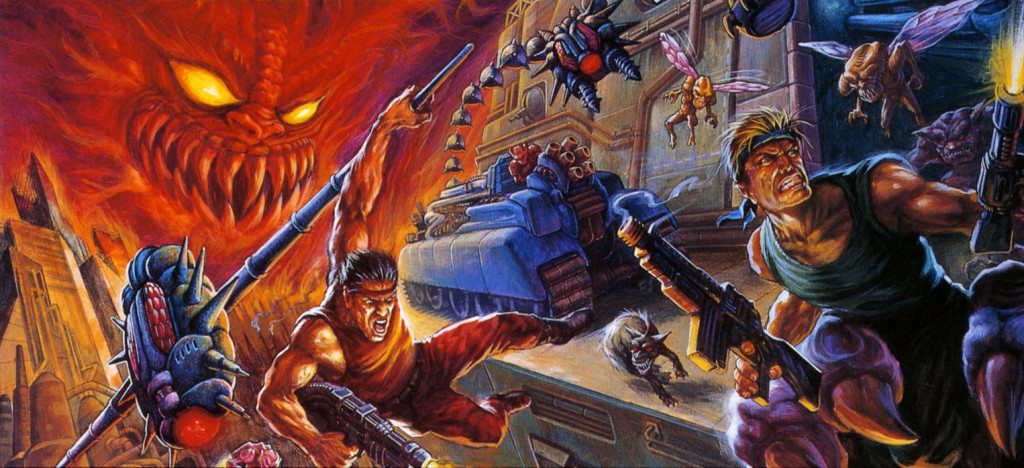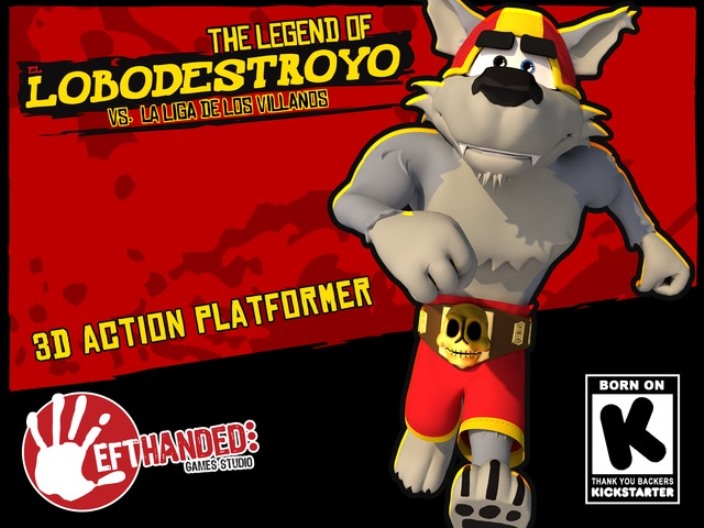Two new Virtual Console games are on track for the Japanese Wii U eShop next week. Contra III (Super Famicom) and Rushing Beat (Super Famicom) will be out on November 20. Pricing is set at 800 yen each.
@GoldMetalSonic Since FRN we use 4-8k textures. Means hyper real graphics but 16x storage. Happy this is no prob on WiiU eShop 🙂
— Shin'en Multimedia (@ShinenGames) November 19, 2013
Shin’en is set out again to impress from a technical standpoint. The studio said on Twitter earlier today that FAST Racing Neo – the studio’s second Wii U eShop title – will feature “hyper real graphics”. That’s thanks to the use of 4,000 – 8,000 textures.
Lefthanded Studios has reduced the funds required to bring Lobodestroyo to Wii U. On Kickstarter, the game now only needs $41,000 to ensure a release on Nintendo’s system – down from the original $48,000 target.
You can find Lobodestroyo’s Kickstarter page here. Three weeks remain in the campaign.
Old Wii Pro Controller works for Super Mario 3D World. https://t.co/GVEW6y3K41
— Jose Otero (@jose_otero) November 19, 2013
Super Mario 3D World works with a bunch of controllers. You can use various options like the GamePad, Classic Controller Pro, and Wiimote/nunchuck setup. That’s not all! It looks like you can use the Wii Classic Controller as well, as shown by IGN’s Jose Otero in the clip above.

